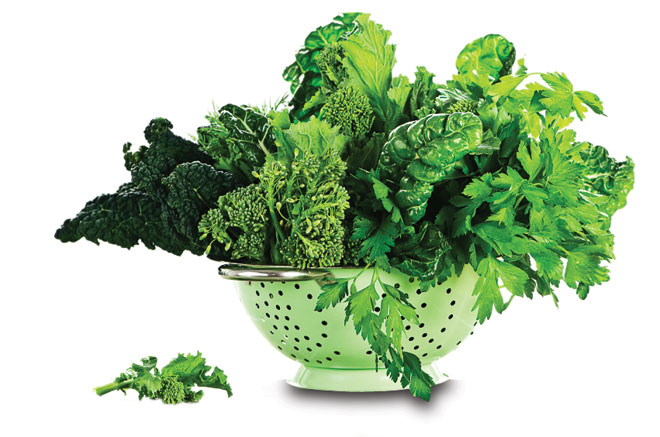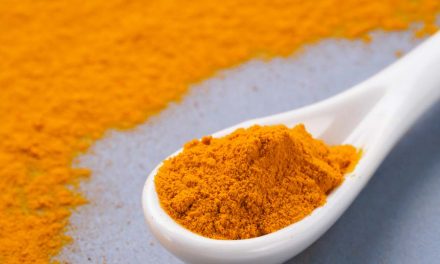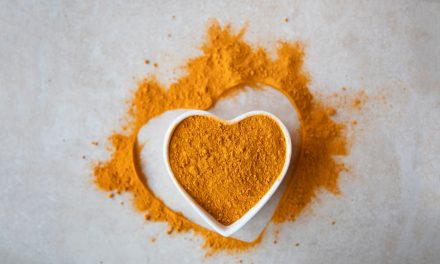Depression Awareness Week (18 – 24th April) is designed to bring visibility to this silent illness that along with affecting its sufferers mentally and affecting their general sense of health and wellbeing, can contribute towards physical diseases too.
Around 3 million people are diagnosed with depression in Britain alone and the World Health Organisation has indicated that it is the leading cause of disease in high income countries. Yet many people don’t want to talk about depression as its symptoms are often silent and there is often a social stigma involved by doing so.
Symptoms of depression include feelings of guilt and sadness, worthlessness, poor concentration and focus, loss of energy, appetite, fatigue, excessive sleeping and thoughts of suicide or a preoccupation with death. There are different types of depression although there are two main classifications: Typical and Atypical. Typical depression may often be associated with loss of weight, appetite and a difficulty with sleeping whereas Atypical depression is associated with weight gain, an increased appetite and excessive sleeping or feeling sleepy.
What Causes Depression?
There are many different factors that can contribute towards the development of depression, many of them environmental or that have a biochemical or psychological issue underpinning it. Depression can occur because of the loss or grieving for someone close to us, such as in a stressful event, loss of a job or the end of a relationship. While it’s important to check with a GP for medical causes, there are things that can be done to alleviate the symptoms of depression.
Exercise may be one of the most important activities to help elevate mood. Doing something physical that boosts happy feelings and increases a general sense of happiness can make all the difference – such as cycling, running, walking, dancing, yoga. Anything that gets the body moving can prevent physical as well as mental stagnation.
Feeling depressed may also be the result of a nutrient deficiency. A nutritional imbalance can increase the chances of depression especially if the body is lacking in essential fats such as Omega 3’s, along with Amino Acids to help with serotonin levels (the body’s feelgood hormone). Homocysteine levels, balancing blood sugar and getting nutrients such as Chromium and Vitamin D are also vital for good health. If it’s none of these factors, then food intolerances may be the culprit in increasing any feelings of sadness and depression.
How Nutrients Can Help Against Depression…
Omega 3’s EPA and DHA can act as anti-depressants and while the body can’t manufacture these nutrients, they can be obtained through a rich dietary source such as herring, tuna, mackerel, sardines or pilchards. Surveys indicate that populations that consume fish have a lower incidence of depression.
Low levels of B-vitamins such as folic acid or the amino acid homocysteine can lead to an increased risk of depression and a less positive result from anti-depressant drugs.
Amino acids can boost serotonin levels. The amino acid Tryptophan converts into serotonin and is converted from 5-Hydroxy Tryptophan (5-HTP) which is converted into the neurotransmitter serotonin. Tryptophan can be found in the diet in the form of protein sources such as meat, fish, beans and eggs. People who aren’t getting enough trytophan are more likely to be depressed.
Balanced blood sugar levels are less likely to have an effect on moods. Getting a steady source of glucose to the brain can prevent mood imbalances so it’s important to get enough energy giving foods where possible.
Chromium can keep blood sugar levels stable because of insulin which clears glucose from the blood, but won’t work properly without it. People who have atypical depression who were given chromium have been shown to have considerably improved symptoms.
Vitamin D3 or the ‘sunshine vitamin’ is essential for alleviating depression and it’s why many people who don’t get enough sunlight may experience SAD (Seasonal Affective Disorder).
Avoiding processed foods that may trigger allergies such as gluten as found in wheat, rye and barley can all have an impact. Many people have an intolerance to gluten and this has been associate with an 80% risk of depression. Getting a test to check if you have Coeliac Disease can help to determine if you are affected by gluten in this way.
Anyone who wants to improve their depression with nutrients, should consider following the Depression Health Plan along with a really healthy lifestyle for best results. If you require further help with your symptoms of depression or in having a nutrient plan tailored to suit your needs, please contact Good Health Coaching Centers (GHCC) where our team of health coaches will be happy to provide you with free and personalised health coaching advice.
Recommended Examples
The below nutrients can be found in these recommended products.
The Krill Miracle™ or Hemp Seed Oil™ available from Good Health Naturally contain concentrated levels of Omega 3, 6 and 9 oils that can provide essential nutrition for brain health.
B4 Health™ Spray available from Good Health Naturally contains Vitamins B1, B2, B3, B5, B6 and B12 along with Vitamins C, D, E, Folate and Selenium designed to support normal and healthy functions, along with general health and an improved sense of wellbeing.
Vitamin D3 (5000IU) available from Good Health Naturally can support a healthy body and immune system. Vitamin D3 has been shown to be beneficial for alleviating depression and supporting normal cellular health.





